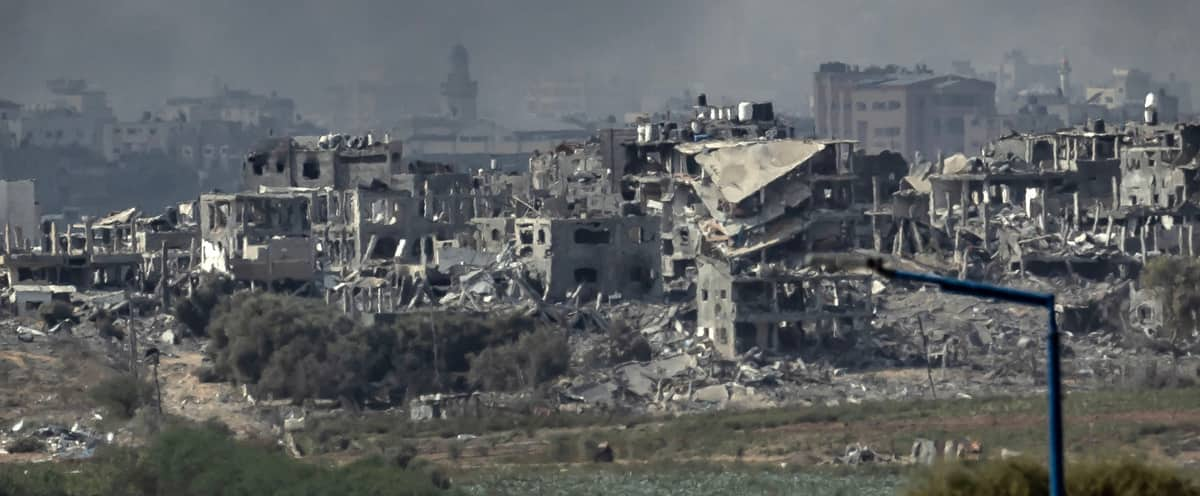The head of the UN Agency for Palestine Refugees (UNRWA) in Gaza warned on Monday that “humanitarian operations will be suspended within 48 hours, with no fuel allowed to enter Gaza, which is besieged by Israel and victims of the fighting between Hamas and Israel “. .
• Also read: Israel-Hamas war: “No more electricity” in hospitals in the Gaza Strip
• Also read: UN pays tribute to staff killed in Gaza
“This morning, two of our main water distribution subcontractors stopped work – they are out of fuel – which will deprive 200,000 people of drinking water” in the small area where more than half of the 2.4 million residents have been displaced and now completely depend on humanitarian aid to survive, said Thomas White on X.
Unrwa also reported that one of its premises in Rafah, southern Gaza, where 1.5 million displaced people are now located, “suffered significant damage” after “three direct attacks (…) by the Israeli navy” on Sunday.
“UN international staff present in Rafah had left this building 90 minutes before this strike,” UNRWA reported on Monday, clarifying that there were “no casualties among these staff.”
Unrwa remembers informing the parties to the conflict the exact location of all their infrastructure. Those in this building were awarded twice, the last time on Friday, she says.
“This attack proves once again that there is no safe place in Gaza: neither in the north, nor in the center, nor in the south,” the UN agency stressed, as the Israeli army continues to order Gazans to head south walk, which she describes as safer.
Its tanks are consolidating the north of the Gaza Strip and Gaza City in particular a little more every day.
In the five weeks of Israeli attacks on the small Palestinian territory, UNRWA says it has recorded “more than 60 cases of collateral damage or direct attacks on its infrastructure, especially schools where thousands of civilians live.”
The agency, which says it hosts 780,000 displaced people in its shelters, confirmed that “at least 66 displaced people were killed and hundreds injured” in these bombings.
In 70% of cases, these infrastructures were located in the south of the Gaza Strip, Unrwa points out.

